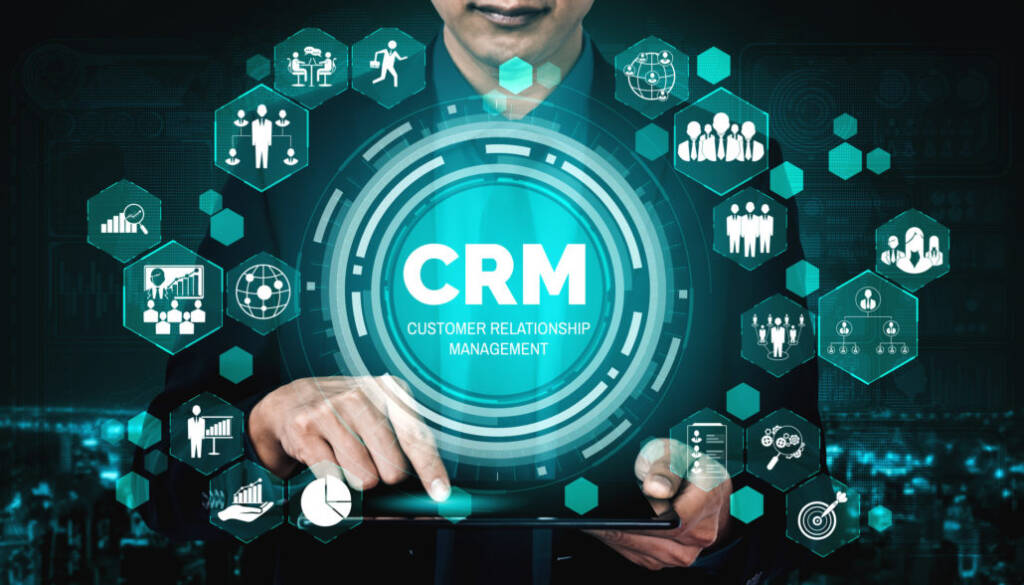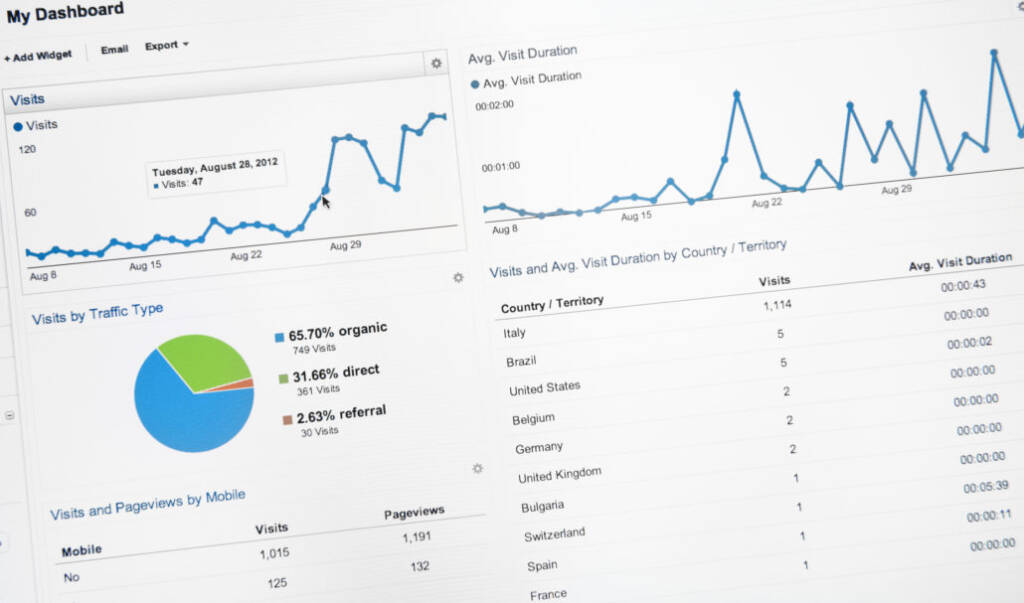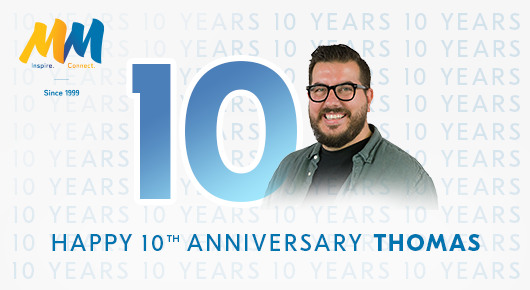Email marketing was once the holy grail of online advertising. One of the original performance marketing channels, marketers historically relied heavily on their email database to drive short term sales uplift. But as performance media has evolved to encompass paid and organic search, social media, programmatic video, display and audio, has email marketing kept pace? And is it still important to invest your time in growing a sophisticated email marketing program or could your time be better invested elsewhere?
To answer this question, we need to first look at what makes a successful email marketing program in 2021. According to eMarketer, there are five key areas that marketers can use to judge the sophistication of their email marketing:
- Acquisition
- Personalisation
- Omnichannel
- Optimisation
- Internal Processes
Using this framework, we’ll show you how to evaluate if your email marketing is as effective as it could be.

How are you acquiring new emails?
A good email marketing program should consistently acquire new emails, while also assessing the current health of the existing database. It is no use having one million emails in your database if most of them are unengaged. Utilise database management software to analyse the health of your database and regularly flush out emails that provide no value to your bottom line. This is key to successfully growing an engaged and high converting email marketing program. Unengaged emails can skew your reporting metrics and make database segmentation less effective. Cut the fat.
For new leads, ensure that you are leveraging automation to immediately add them to a new customer email marketing funnel. When people sign up to your email database, they are highly engaged with your brand. They have just handed over their information and they expect to hear from you. As days pass, this expectation fades away and they become less interested in what you have to offer. Capitalise on demand by communicating with your new leads as soon as possible.
How often do you personalise your emails?
Email is a one-to-one marketing channel and a place where customers welcome receiving highly-tailored personalised offers. Utilise automation and AI to build a bespoke customer journey with key offers based on your customers’ needs at that particular moment. While most marketers are good at communicating to new customers and getting them to make the first purchase, the focus tends to drop off on subsequent purchases. Rather than having mass communication at the core of your email strategy, focus on guiding users through a tailored journey, even if this means the frequency with which you communicate to your database drops. Focus on quality over quantity.
Do you take insights from your email program and integrate them into your broader marketing strategy?
Email is an owned platform with relatively low costs. Utilise this to test out different audiences and offers to find out what makes your customers tick. Then, most importantly, share this knowledge around your business and integrate it into your broader marketing strategy. If you are a fashion retail business and you know that new database sign-ups are most likely to respond to an offer on dresses, be sure to integrate this into what you do to prospect to new customers through your paid social campaigns, search ads, even down to your customer service and live chat team. Don’t let email (and all of its valuable customer insights) live in a silo.
How often do you use email to test a hypothesis and derive an actionable insight?
As mentioned above, email is low cost but can hold a wide array of valuable insights, if you know how to derive them. Successful marketers don’t rely on their assumptions. They test everything. Use your email program to test how diverse audiences respond to various offers, messaging, images, even colours. The sky is the limit with what you can test and once you uncover what works best, use this to optimise not only your emails but the rest of your customer journey and marketing efforts.
How do you measure success?
Lastly, understand how you will measure success. If you are an eCommerce business, you’re likely to focus on revenue. And while this is a good metric to use, you’ll want to also focus on the lifetime value of your customer and how well you are driving repeat purchases. Email is not a once-off transaction, it’s an ongoing relationship. Use the channel to provide value to the customer in the way of content as well as providing personalised offers. And be open to change. The best email marketing programs are built on agility. Understand when to be tactical, while also having an overarching strategy.
Ultimately email marketing is a cost-effective way to communicate with your most valuable customers. Utilising automation and AI, email marketing can bring you closer to delivering a one-to-one customer relationship focused on the right message, to the right person, at the right time.
It also becomes more efficient the more you utilise it. Unlike other marketing channels, where you will pay to communicate with your customer every time (think dynamic remarketing), you will only pay to acquire an email once. Every communication after that is free (program management costs aside). Consider what your customer wants and build an email program that is unique to them. Make the journey as seamless as possible and let your brand’s personality shine through.

[1] Source Image
[1] Source eMarketer








